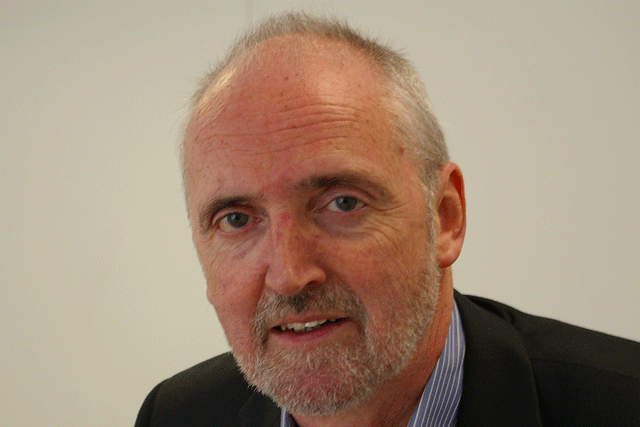What comes to mind when describing your day-to-day work environment? Stressful? There’s no doubt about it, the pressures of the recession have undermined physical health and mental well-being in the workplace.
Recognise stress in your team
So, how do you recognise the symptoms? What is the group behaviour characteristic of stress? There are a number of things which occur with increased frequency when stress levels rise: disputes and disaffection within the team or department, an increase in complaints, sickness absence, staff turnover and poor performance.
Get your life back, get your team back
You cannot control market forces but you can control working practice: you can give your team their life back - literally. You can outlaw working late and over the weekend. When people are on leave, they are left alone. You can treat 24/7 emails and texts as anti-social behaviour.
Introduce a new four part policy:
1. The meaning of life: part one
Everyone has to leave work by 6pm (only varied under exceptional circumstance, which you validate).
If clients want to meet after 5pm, politely but firmly inform them that the meeting will have to take place during normal office hours – it’s company policy!
2. The meaning of life: part two
No texts or emails after 8pm. Have everybody set up auto-replies: "The meaning of life part two: no texts or emails after 8pm."
Keep an eye on the situation for the first couple of weeks and impose a 7pm curfew on persistent offenders.
3. The meaning of life: part three
No texts or emails at the weekend and when you’re on leave.
4. The meaning of life: part four
When you’re on leave, you have to delegate.
This tests leadership skills and recruitment ability and can highlight flaws in both, so prepare for this contingency, trial delegate to develop familiarity and confidence. For example, if you’ve delegated authority to run meetings in your absence, then you need to provide guidelines.
Do more with less
It’s been tried and tested [Nandita Lakshmanan, founder and CEO, The Practice, India]. By forcing people to work less, they have to work smarter and that starts with prioritising: what is really important? The new policy promotes efficiency and encourages them to delegate authority and empower people.
When people return from leave, they’re refreshed. They develop outside interests and exercise. They handle day-to-day stress better and think more creatively.
Despite the potential failure to adapt and for team performance to veer even further off target, the experience is to the contrary [Joan Amble, EVP, American Express]: greater self-esteem and greater productivity seem to go hand-in-hand.
Independent studies also highlight the origins of unhealthy behaviour: the top. So, if you recognise that you are unwittingly a poor role model, don’t despair. It’s simple: it’s all down to prioritising better.


